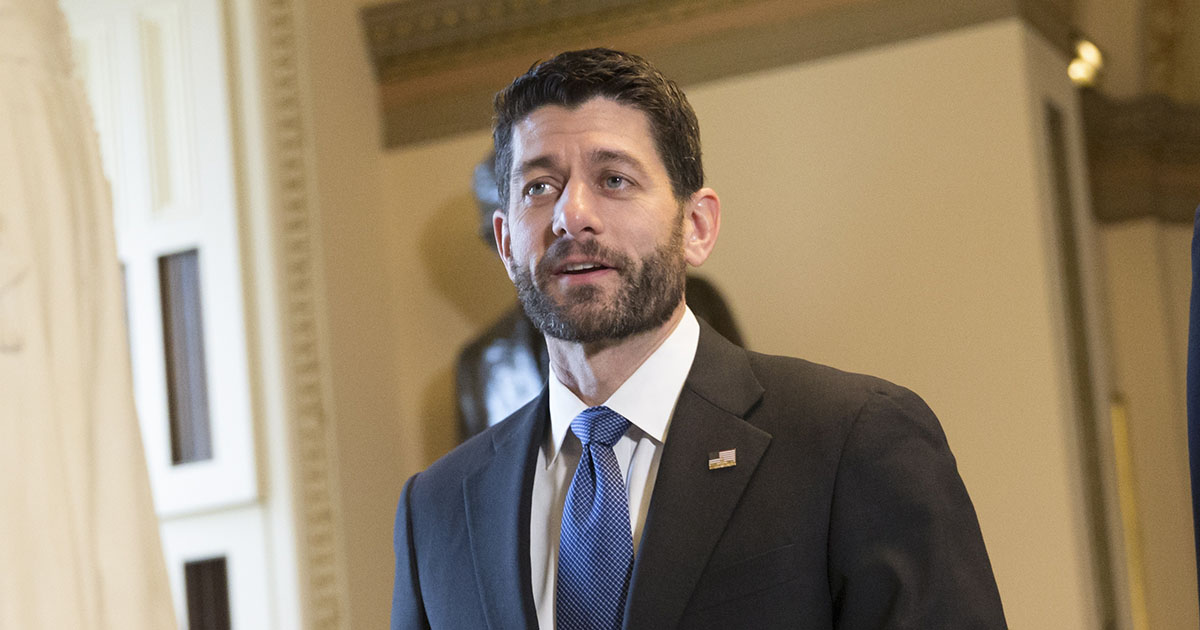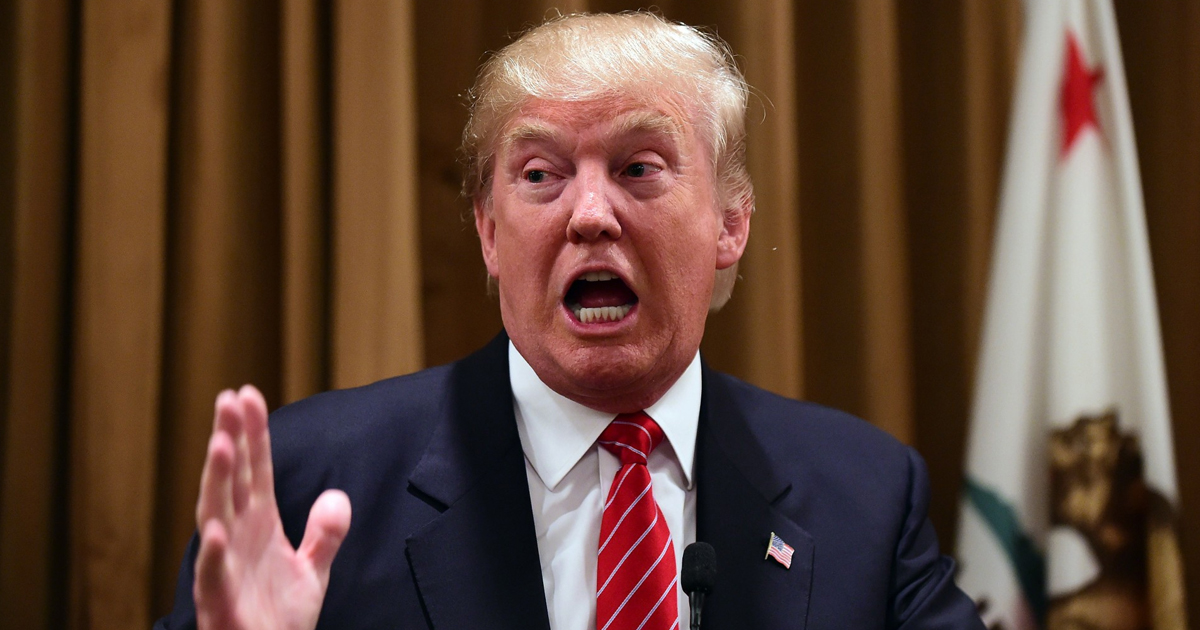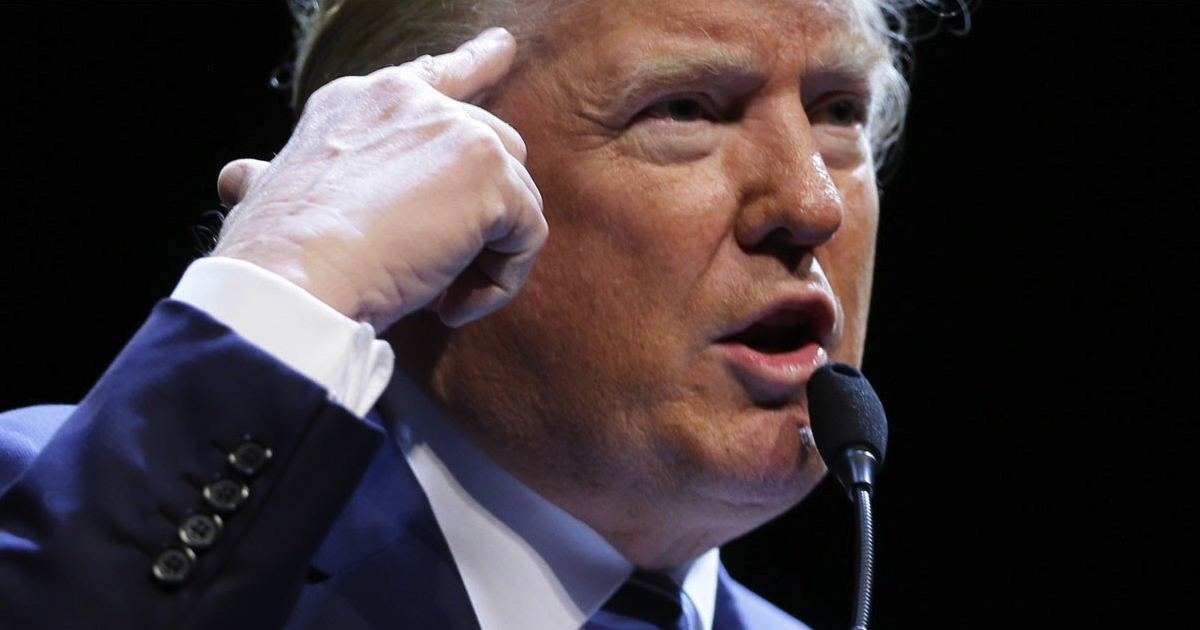Last week, Congress finally came to an agreement on a spending bill that will keep the government funded through September of 2016. Running approximately 2,200 pages, the final budget comes to $1.1 trillion and was the result of several weeks of haggling over a number of highly questionable “amendments.” The bill was passed Friday, and will keep the machinery of government in operation until September 30th of next year – which coincidentally, is only a little more than a month prior to the election (making us wonder just what sort of “October Surprise” the GOP has in mind for this go-round).
As is usually the case, the budget has winners and losers. A spokesperson for House Speaker Paul Ryan told CBS News, “While not getting everything we wanted…both packages include many provisions that Republicans have long fought for.” Supposedly, these wins will provide the basis of “long-term tax reform” (read that: fewer taxes for the wealthy and corporations).
There were several wins for Main Street and the 98%. Tax breaks for low-income families have been extended, including a number of which date from the Obama Administration’s 2009 stimulus program that came in the wake of the Wall Street Crash and subsequent bailout of ’08. These include a $1,000 child tax credit and a $2,500 credit for college tuition. Families could be entitled to a tax refund of 15% of earned income over $3,000 – and they can still claim that credit, even if their tax liability is zero. Originally, that number was scheduled to go up to $10,000 in 2017, which would have reduced the refundable amount. The $3,000 threshold is now permanent under the current budget. Likewise, the American Opportunity Tax Credit for college tuition has now been made permanent.
Workers who commute to their places of employment will benefit through a provision that will allow them to exclude up to $3,000 a year for commuting costs, regardless of whether they drive or ride public transportation – and employers will not have to pay income taxes on any money used to subsidize employee travel costs. Educators who wind up purchasing their own classroom supplies will be allowed to deduct up to $250 a year, yet another deduction that was set to expire. It’s a pitiful drop in the bucket, but at least it acknowledges a situation with which many classroom teachers must contend.
The budget deal also includes a deduction that had been pushed for by former Washington Representative Brian Baird, allowing residents of states without an income tax to deduct sales taxes from their federal returns. Several tax breaks for small businesses were also extended.
Stating that he would sign the bill when it arrived at his desk, President Obama said:
In addition to making permanent vital improvements to tax credits for working and middle-class families, this legislation also would bring certainty to small businesses, companies investing in U.S. innovation, and charities, while extending important incentives for hiring and investing in low-income communities.
There was more good news for the Democrats. Funding for Planned Parenthood, which had been under attack since the release of videos purportedly showing the harvesting and sale of “baby parts”, has been preserved. Funding for the National Institutes of Health has been increased, and $70 million has been earmarked for programs designed to improve relations between police departments and the communities they serve.
That’s the good news. The bad news is that such gains came at a cost – to the environment and to consumers. In order to get tax breaks for wind and solar energy investment, the Democrats were forced to yield to GOP demands to lift a four-decade-old ban on U.S. exports of petroleum – much to the delight of Charles and David Koch. In addition, the coal industry saw Christmas come early as riders preventing the federal government from changing the definition of fill materials, and limiting the ability to impose new restrictions on U.S. financing for new coal-fired power generation facilities abroad, became part of the final bill.
Also sacrificed was a regulation requiring that imported meat products contain a “country of origin label,” which has informed consumers about where livestock and poultry was born, raised and slaughtered. This was a bow to pressure from the World Trade Organization as well as Canadian and Mexican ranchers. Governments of both countries have threatened retaliation over the regulation (making one wonder what they are afraid of if U.S. consumers know where their meat comes from). Implementation of a major provision of the Affordable Care Act, sometimes known as the “Cadillac Tax” on high-value health plans, has been delayed by two years, as has been a tax on medical devices (it should be pointed out that under a single-payer system, neither would have even been an issue). There was also bad news for gun control advocates: GOP lawmakers forced the inclusion of language that continues to prevent the Centers for Disease Control and Prevention from conducting research into gun violence.
The GOP may not have gotten everything it desired, but it has gotten enough – for now. Of course, when it comes to the U.S. Congress, nothing is permanent – and as any fan of detective shows and courtroom dramas knows, once blackmailers and extortionists start, they never stop of their own volition. Everything may be hunky-dory for now – but the end of September 2016 is not far away. Given that the GOP is indeed the party of extortion and this is shaping up to be an extremely contentious election, we can be confident that the right-wingers will once again hold the American People hostage to their agenda – and they will almost certainly use the budget to influence the elections if they are able.





